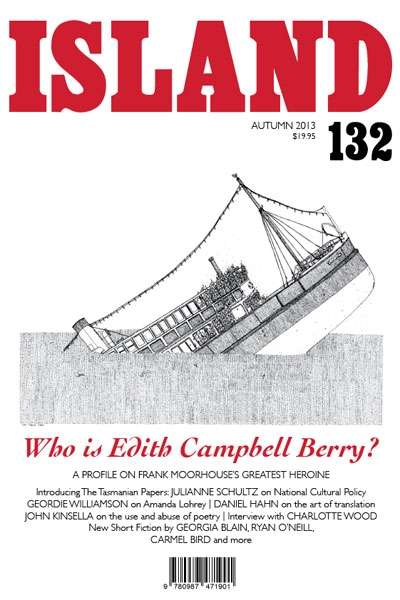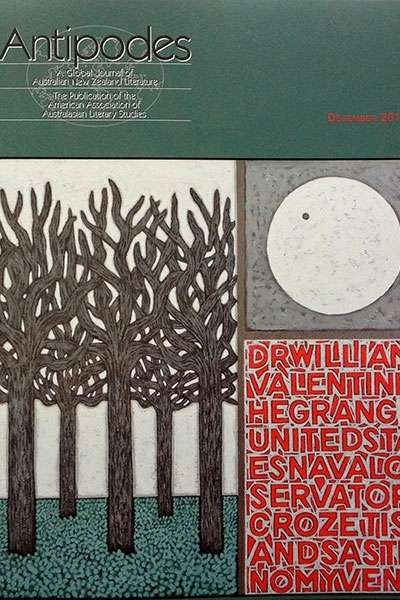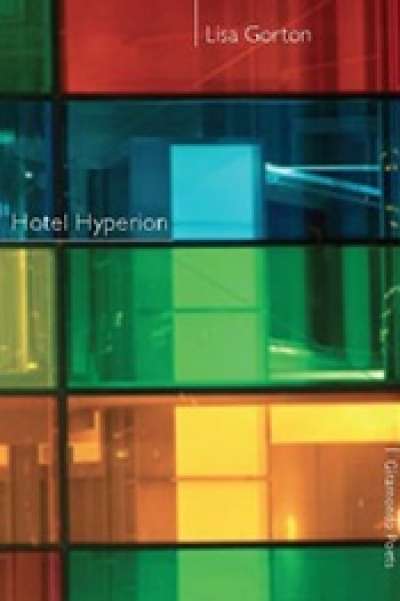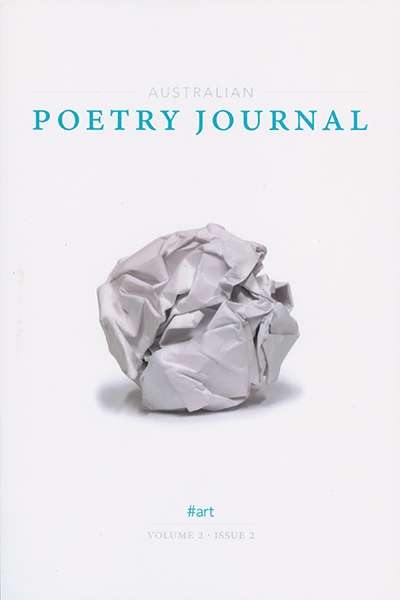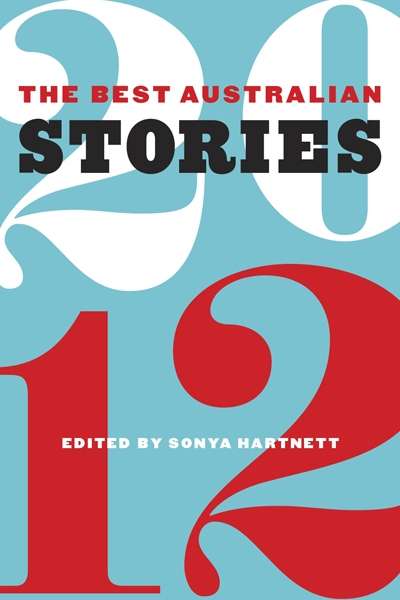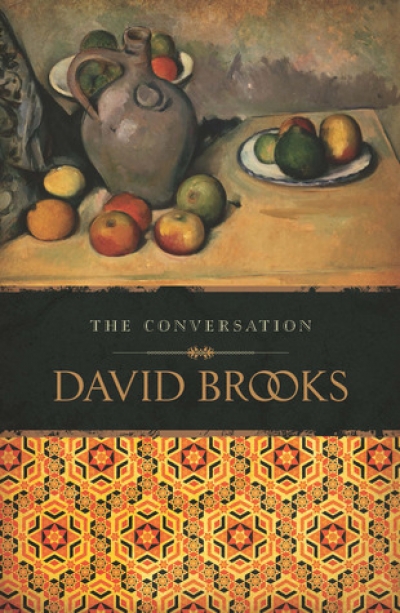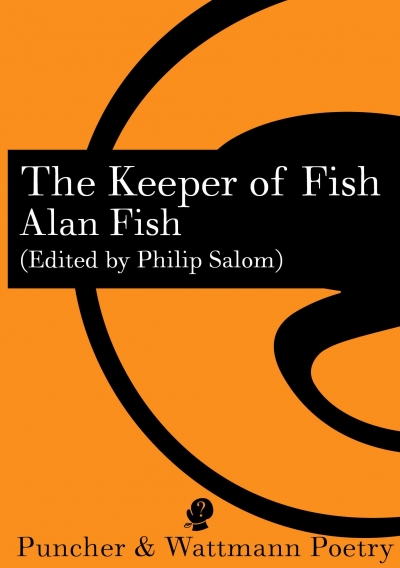Cassandra Atherton
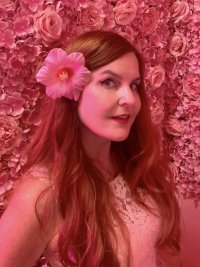
Cassandra Atherton is a poet and scholar. She is Professor of Writing and Literature at Deakin University. She was a Harvard Visiting Fellow in English and a Visiting Scholar in Comparative Culture at Sophia University, Tokyo. She is writing a book of prose poetry on the atomic bomb with funding from an Australia Council grant.
A polyphony of voices in Antipodes offers readers a textured view of literature from Australia and New Zealand. Contributors to this biannual journal are Australianists from all over the world. This globalisation is perhaps best evidenced by the inclusion of critics from Portugal, Slovenia, Lebanon, and Austria, writing incisively about Gail Jones, Indigenous poetry, Australian Lebanese writers, a ... (read more)
The camera ottica in the epigraph to Hotel Hyperion alludes to Lisa Gorton’s artful play with shifting perspectives in this luminescent collection of poetry. The reader is invited to put her eye to the lines of poetry as if to a Galilean telescope or ‘perspective tube’. By looking at the poems through the peephole as an optic chamber, the reader brings the larger concerns of time and space i ... (read more)
Australian Poetry Journal, the flagship publication of Australian Poetry, contains a veritable who’s who of Australian poets. However, this doesn’t mean that the journal is part of the poetry gangland to which some other contemporary Australian journals belong. This is a testament to editor, Bronwyn Lea, who must disappoint many poets – possibly even poet friends or acquaintances – in orde ... (read more)
Sonya Hartnett’s début as editor of The Best Australian Stories is marked by a series of fictions about dysfunctional families, eccentrics, and misfits. The homeless, lonely, disenfranchised, intellectually disabled, sick, afflicted, even the dead, are featured alongside the privileged, rich, and famous in a macabre mardi gras. Readers familiar with Hartnett’s writing will recognise many of h ... (read more)
The epigraph from Plato’s Phaedrus cleverly introduces the Socratic dialogue on which David Brooks’s new novel turns. This makes for a brilliant foray into the contradictions at the heart of the truths that both characters are seeking in The Conversation. This question-and-answer exchange is presented as a kind of Scheherazadian dégustation of narratives, where the novel endures for as long a ... (read more)
Ormond Papers showcases the academic work of Ormond undergraduates and the wider college community. This volume loosely explores issues of identity and space, opening with the Ormond-centric ‘Our Academic Home’, on the refurbishment of the Academic Centre. Robert Leach’s interview with Colin Barnes, the gardener, is a highlight, despite some ill-conceived questions (‘You’ve been here a w ... (read more)
In his Keepers trilogy, Philip Salom is an Eliotian Fisher King, exploring the fissuring of identity in a triple play of plurality. The first book, Keepers (2010), was written by Salom, but authorship of The Keeper of Fish and Keeping Carter is attributed to Alan Fish and M.A. Carter,respectively. In his role as editor for these two poets, Salom becomes their gatekeeper or, as he states, their ‘ ... (read more)

